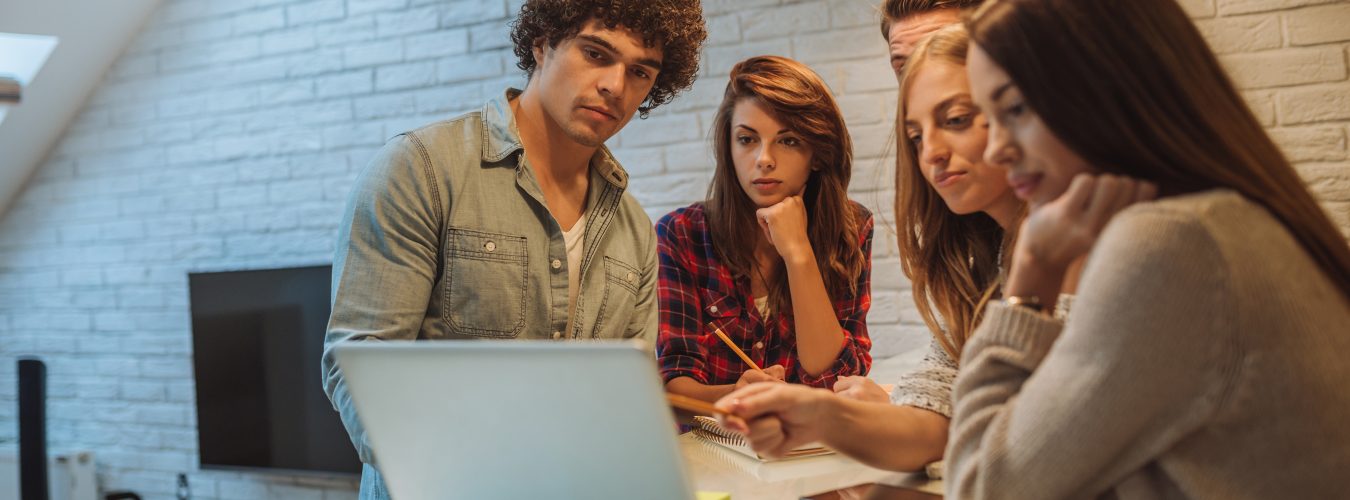
February’s eCoffee saw attendees taken on a series of virtual adventures, using Oculus Go headsets. Recent university Virtual Reality (VR) projects include creating interactive 360 experiences from footage gathered on field trips. This supports students in getting the most out of the trip by preparing them in advance, helping answer any questions or address anxieties they may have. It’s also a way of bringing the field trip experience to students who may not be able to go in person.

There is a range of apps available to download to the headsets, and we explored some healthcare examples, such as working through a patient case following a road accident.
 As well as offering a safe environment to experience certain situations and try out procedures, the headsets can also encourage empathy by giving users a different perspective. What does treatment look and feel like from a patient’s perspective?
As well as offering a safe environment to experience certain situations and try out procedures, the headsets can also encourage empathy by giving users a different perspective. What does treatment look and feel like from a patient’s perspective?
There is a range of VR tools available, with simple options like Google Cardboard giving users a VR experience via their phones. The next step for the Digital Learning team will be exploring further along the spectrum with an HTC Vive, offering a more immersive experience.

Headsets aren’t essential for VR – we also viewed examples of interactive 360 images in Thinglink.
If you are interested in knowing more about VR or have an idea you’d like to develop, contact the digital learning team, or join us for the Digital Learning Connect event on Feb 27th, when there will be another opportunity to try out some VR kit.
To find out more about the use of VR in Medicine, see A Look at VR in Medical and Nursing Student Training and Top 10 Incredible Uses of Medical Virtual Reality.
Our next eCoffee session is April 4th, 10-11am in LF9, when we will be looking at the need to make resources accessible for all users, and sharing some tips for doing this.


